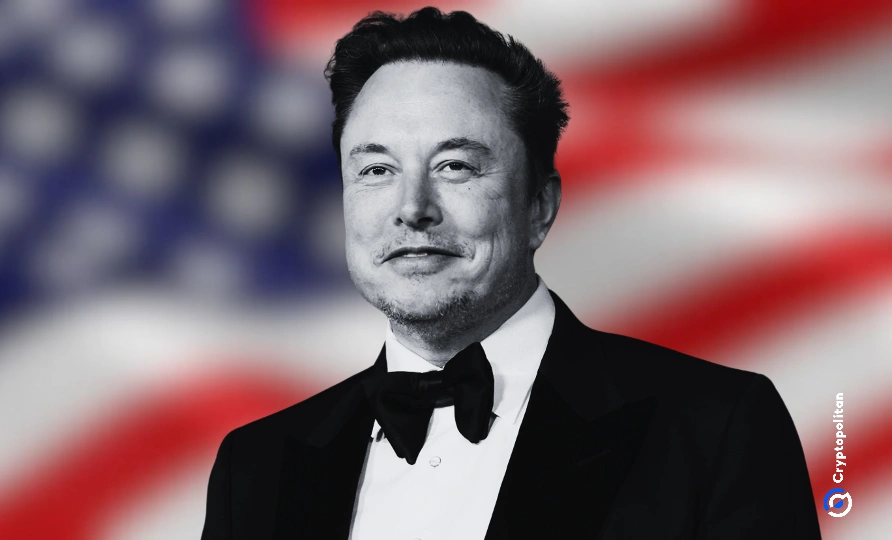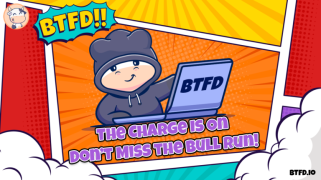
Elon Musk Co-Leads Administration's Efficiency Initiative
Elon Musk, CEO of Tesla, has joined forces with Vivek Ramaswamy to spearhead the Department of Government Efficiency (D.O.G.E) under the incoming administration of President Donald Trump. The mission is to slash $2 trillion from federal spending, a substantial amount that nearly matches the projected 2024 deficit.
Ambitious Plans and Skepticism
D.O.G.E, an advisory group, lacks legislative authority but possesses significant influence due to Musk's involvement. Its plans include aggressive measures such as extensive layoffs, agency closures, and regulatory rollbacks. While supporters applaud these initiatives, skeptics express concerns about potential consequences.
Workforce Reduction and Budgetary Constraints
D.O.G.E proposes a workforce reduction of 75%, potentially eliminating the jobs of three-quarters of federal employees. However, experts question the feasibility of this goal, as approximately 75% of the federal budget consists of mandatory spending such as Social Security and Medicare, which cannot be significantly reduced without political backlash.
Inadequacy of Discretionary Spending
Discretionary spending, which accounts for about $1.7 trillion, offers limited potential for cuts. Half of this funding goes to defense, unlikely to be touched by the administration. Consequently, the proposed savings from inefficiencies (estimated at $150-$200 billion) pale in comparison to the ambitious $2 trillion target.
Government Shutdown Standoff
Musk's political influence has already been demonstrated in his opposition to a bipartisan deal that averted a government shutdown. His public statements mobilized Republican lawmakers to block the agreement, raising concerns about the potential for future gridlock and its economic implications.
Debt Crisis Concerns
Critics argue that D.O.G.E's initiatives may exacerbate the national debt, which currently exceeds $36 trillion. If the department fails to deliver substantial savings, it could lead to increased borrowing and higher interest payments on the debt, further straining the budget.
Market Turbulence
Financial markets have reacted nervously to D.O.G.E's plans, anticipating a "deflationary shock" from potential cuts. Bond yields have risen, making borrowing more costly for businesses and the government. This could lead to reduced investment and slower economic growth, potentially impacting both traditional and cryptocurrency markets.
Economic Consequences
The reduction of entitlement programs could also affect consumer spending, harming retail and housing markets. The overall economic impact of D.O.G.E's efficiency drive remains uncertain and subject to ongoing debate.


 Cryptos Newss
Cryptos Newss DogeHome
DogeHome U_Today
U_Today DeFi Planet
DeFi Planet Optimisus
Optimisus CoinsProbe
CoinsProbe Crypto Daily™
Crypto Daily™ Optimisus
Optimisus






















